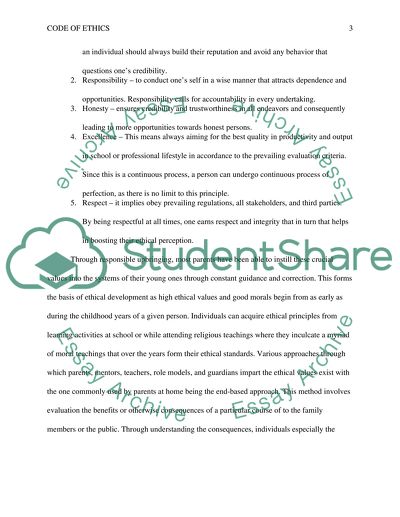Cite this document
(Code of Ethics Reflecting on Personal Experience Term Paper, n.d.)
Code of Ethics Reflecting on Personal Experience Term Paper. Retrieved from https://studentshare.org/ethics/1481176-code-of-ethics
Code of Ethics Reflecting on Personal Experience Term Paper. Retrieved from https://studentshare.org/ethics/1481176-code-of-ethics
(Code of Ethics Reflecting on Personal Experience Term Paper)
Code of Ethics Reflecting on Personal Experience Term Paper. https://studentshare.org/ethics/1481176-code-of-ethics.
Code of Ethics Reflecting on Personal Experience Term Paper. https://studentshare.org/ethics/1481176-code-of-ethics.
“Code of Ethics Reflecting on Personal Experience Term Paper”, n.d. https://studentshare.org/ethics/1481176-code-of-ethics.


